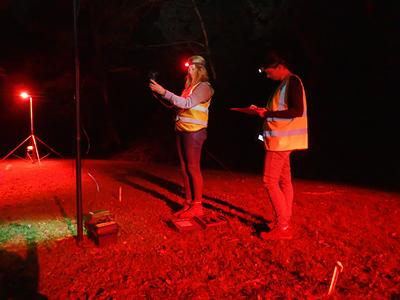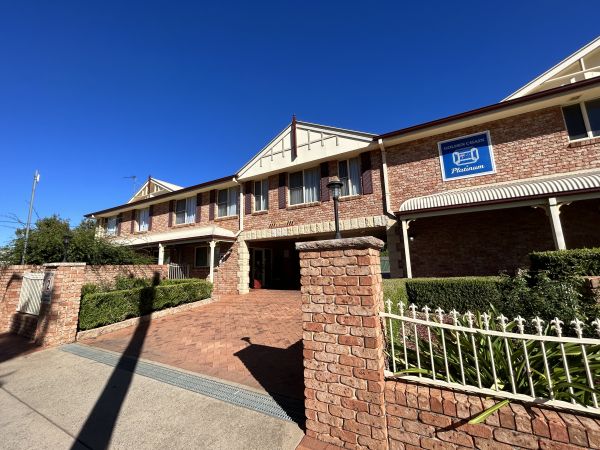
Whilst many people may have spent their summer nights this year dining al fresco or relaxing in their gardens, University of Southampton student Rozel Hopkins spent most of her evenings on Southampton Common looking out for bats as part of a local conservation project she is leading.
For her masters degree in Zoology, Rozel is studying the effects of artificial light in the area on bat behaviour under the supervision of Dr Orly Razgour from the University and with the help of Southampton Common Forum and volunteers from the general public.
There are 18 species of bats in the UK, 17 of which can be found in Hampshire. Southampton Common is home to a large bat population and Rozel has detected up to a thousand appearances on some nights.
For some species of bat, streetlights present no concerns and in fact they are attracted to the insects that gather around them. However, other species avoid the bright white lights because of the fear of predation which therefore means that streetlights can encroach significantly on their habitats.
To come up with an answer to this ecological problem, Rozel and her team have been testing a new type of streetlight, produced by Philips Signify, which is mainly in the red light spectrum and which they hope will be appealing to all bat species. The light has previously been tested in rural areas in the Netherlands but this is its first test in a UK urban environment.
Equipped with specialist bat detectors and a generator, the team have rigged up lamps with the new “bat friendly” light, then spent three to four hours a night on the common detecting bats. The bat detectors record bat calls that are outside humans’ hearing range. These calls can be used to identify different species which means the team can compare which species fly in the areas around each light.
The research builds on a survey carried out by the Southampton Common Forum in which the public said they wanted better lighting on the common. Therefore, as a further part of her research Rozel’s team have also been asking passers-by for their impressions of the “bat friendly” lighting. The Forum have also helped Rozel recruit her team of local volunteers to help her with her study and Dave Johnston, Secretary to Southampton Common Forum, has accompanied Rozel all nights on the Common and provided extensive support with the surveys.
Explaining the reasons for this research, Rozel said:
“I’ve always loved bats and think they are misunderstood.
“Bats make up around a quarter of all British mammals so they are a really important part of the country’s ecosystem – a high number of bats is an indication of a healthy environment.
“As their diet consists mainly of insects they are also really good for pest control and I can vouch for how important that is with all the bites I’ve gone home with after spending an evening on the common.”
As well as engaging local volunteers, Rozel has worked closely throughout her research with the Bat Conservation Trust, Hampshire Bat Group and Southampton City Council in the hope of finding a solution to the common’s lighting problem that is friendly to both humans and bats.








